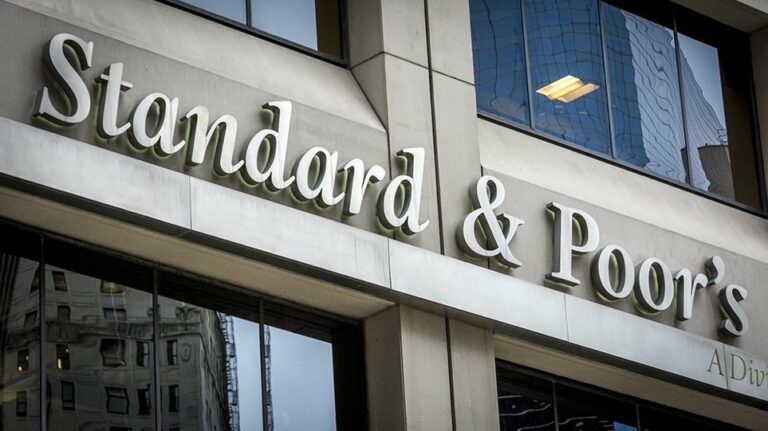S&P Global Rating agency upgraded the long-term creditworthiness (ICR) of Greek banks by one point yesterday, following the upgrade of the Greek economy’s debt on Friday.
Specifically, the American rating agency upgraded the National Bank, Eurobank, and Alpha Bank to B + from B and Piraeus Bank to B from B-.
According to the analysts of the rating agency, the significant increase in deposits, combined with the ongoing consolidation of balance sheets and monetary developments, including access to ECB TLTRO (targeted longer-term refinancing operations) financing, have led to the improvement of the financing ratios and liquidity of Greek banks.
Analysts estimate that the non-performing exposures (NPEs) of the Greek banking system will fall below 20% by the end of 2022. They stress that the quality of banks’ assets remains low, as deferred tax is a large part of their capital while the possibilities of the results are limited.
The lower financing costs and substantial cost savings will support profitability, but only to a degree, S&P points out.
According to Standard and Poor’s, the upgrade of the Greek economy (which was carried out by the house on Friday) reflects the expectation of the rating house for a rapid improvement of the economic and fiscal performance of Greece, as the negative effects of the COVID-19 pandemic recede.
Government policies are making progress on fiscal consolidation and structural reforms.
These developments, combined with the expected inflow of funds from the EU Next Generation EU (NGEU) program, will lead to improved economic performance.
Ask me anything
Explore related questions





